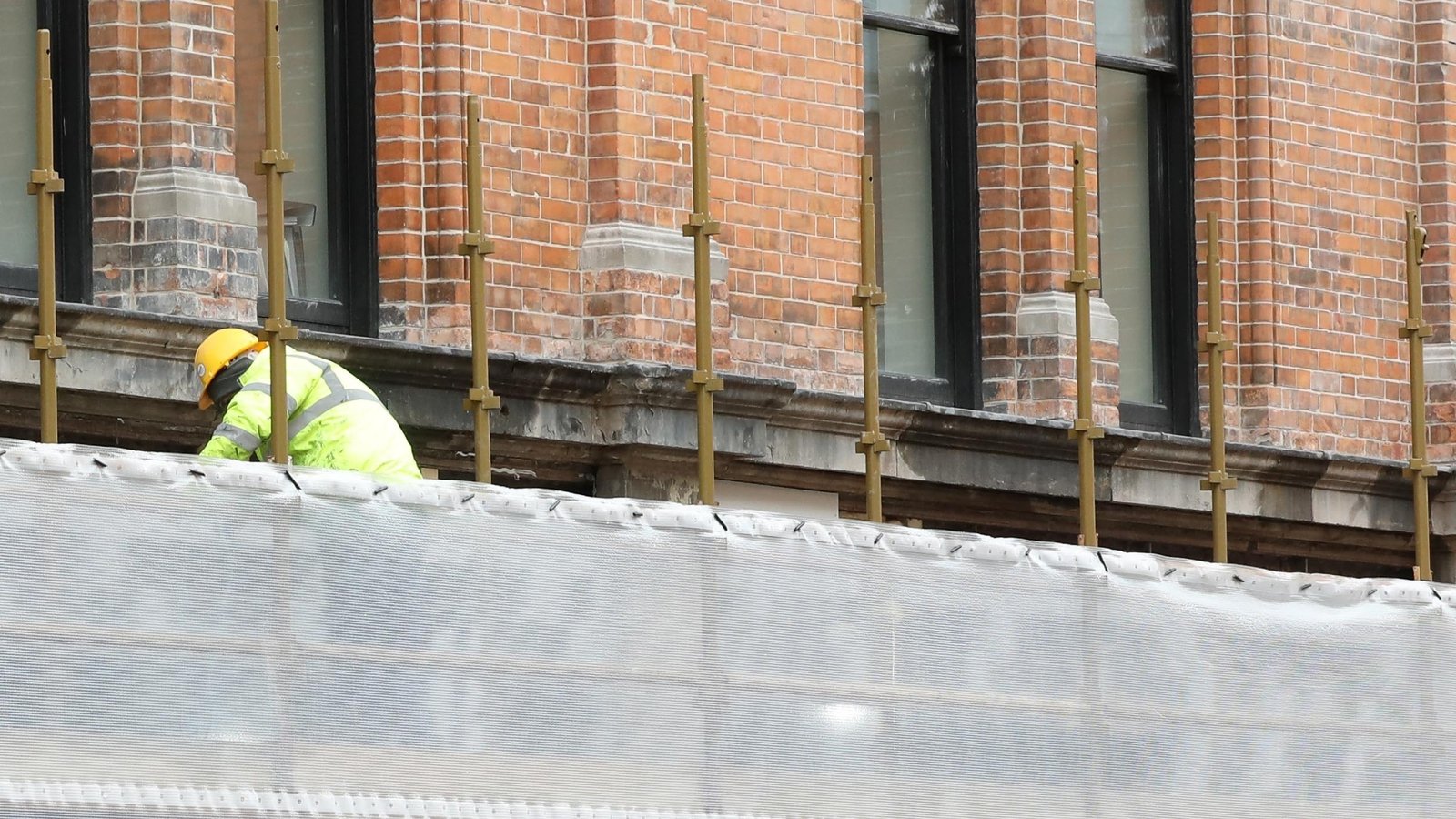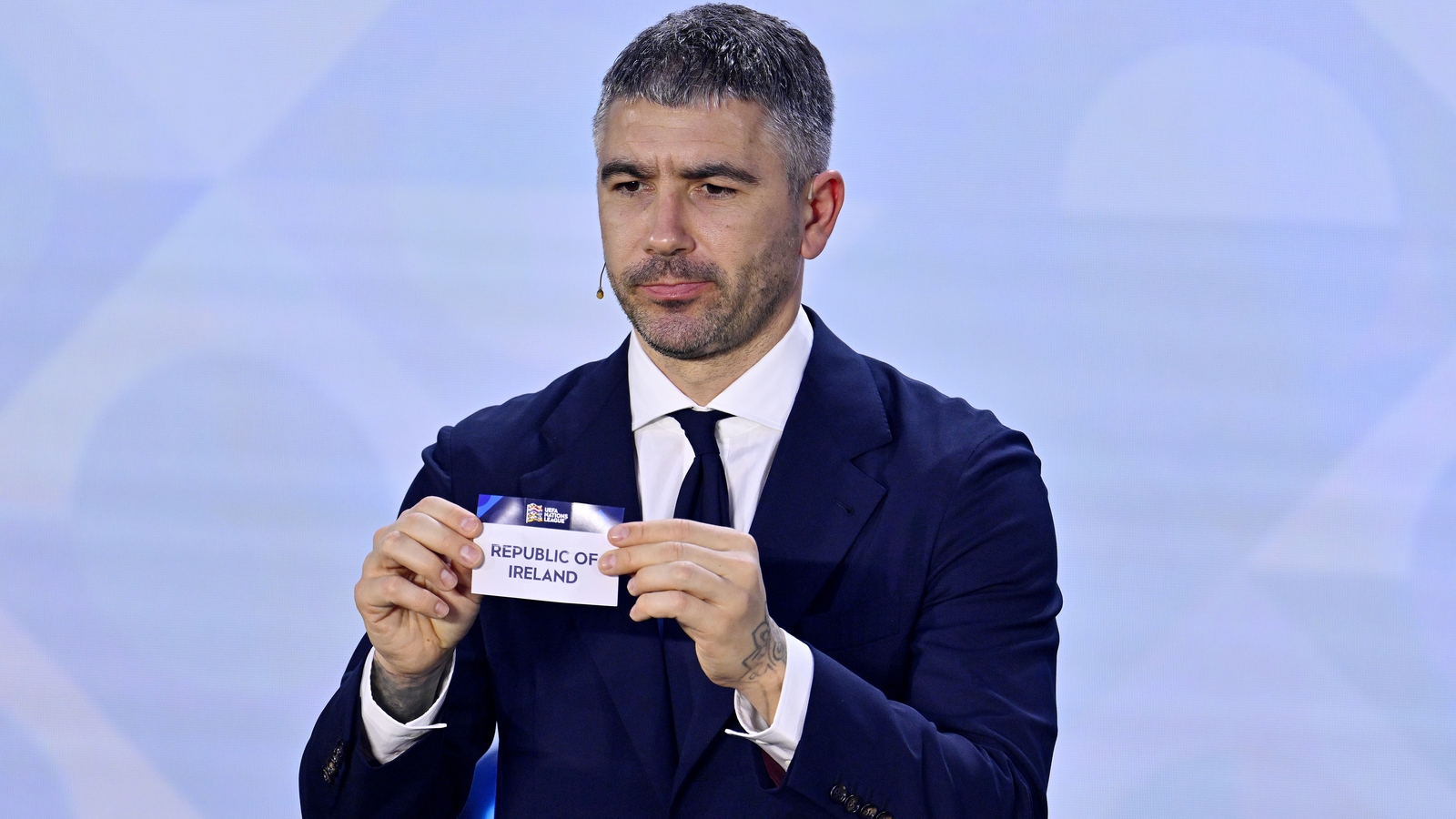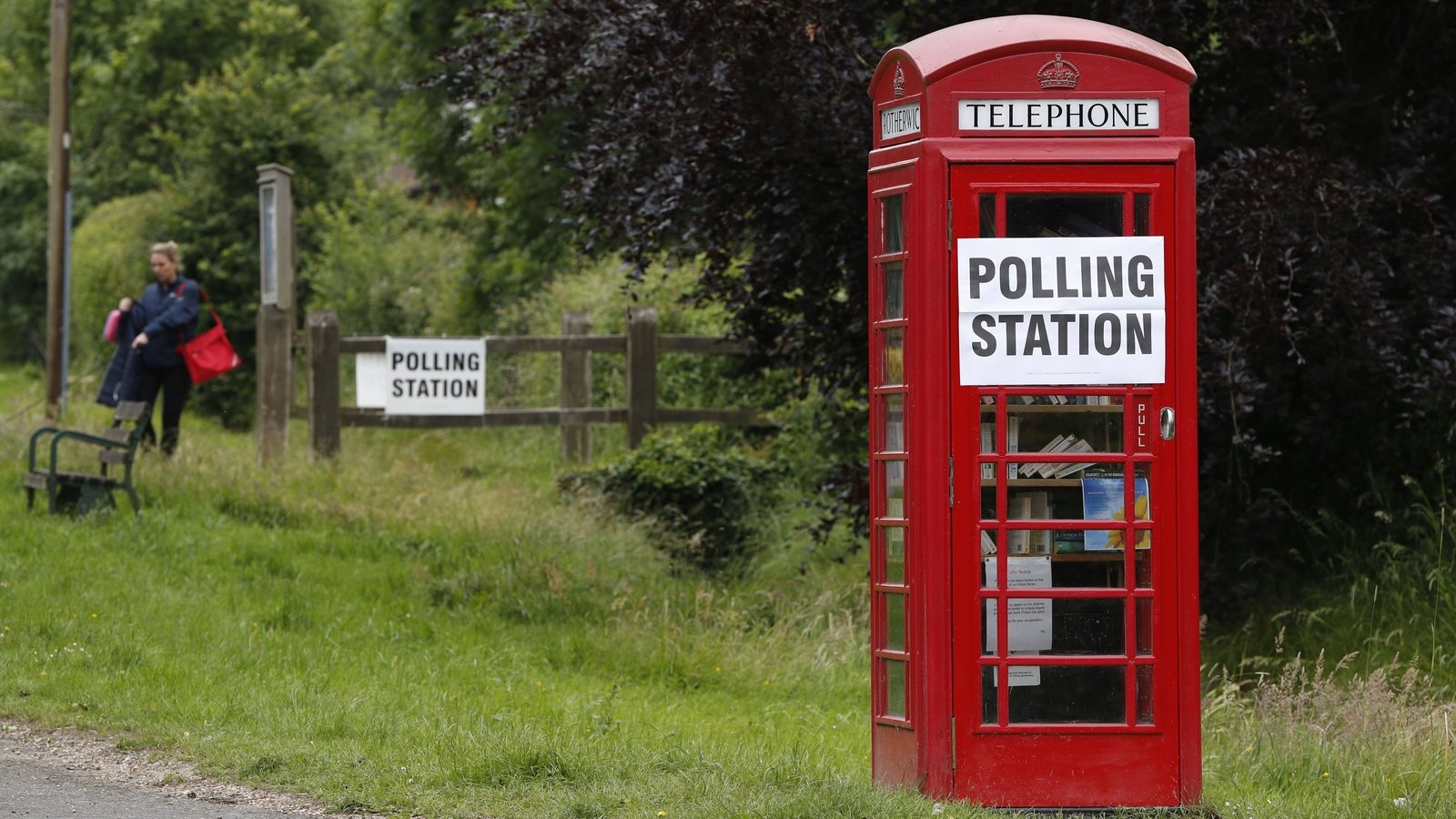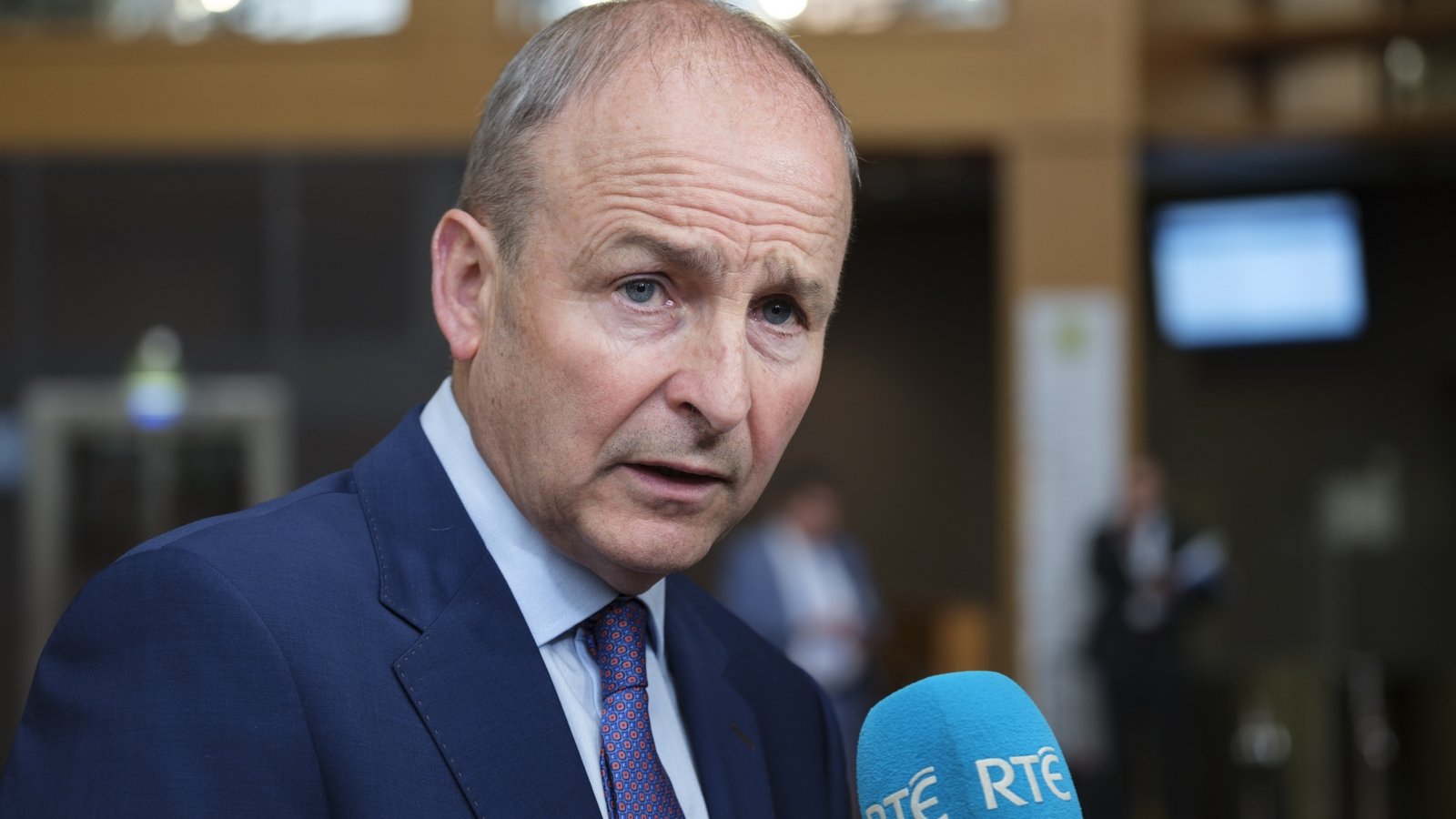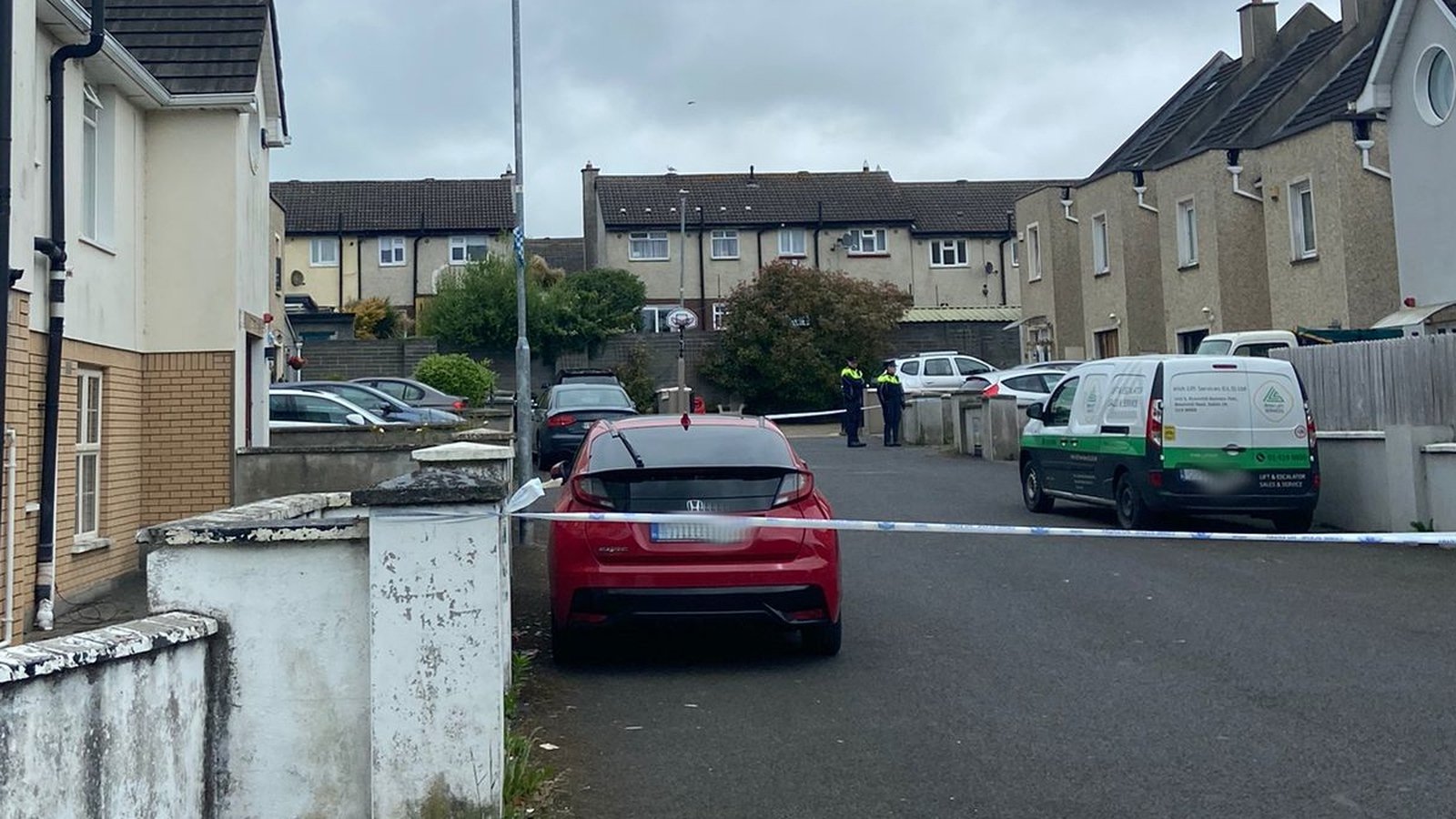Russia carving out a buffer zone in Kharkiv
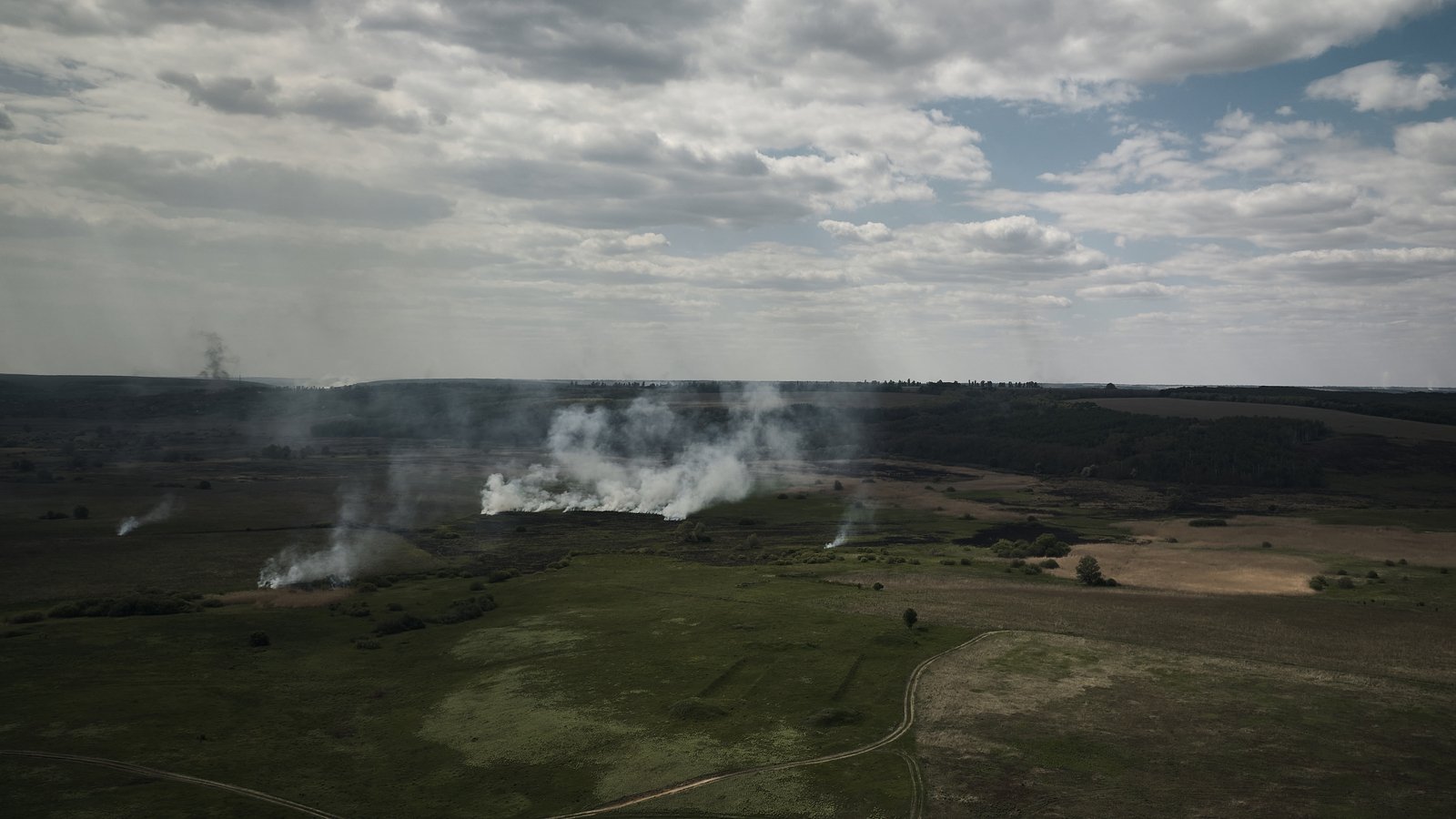
President Vladimir Putin has said that Russian forces advancing in Ukraine’s Kharkiv region are creating a “buffer zone” to protect Russian border regions but said capturing the city of Kharkiv was not part of Russia’s current plan.
Mr Putin, who made the comments at a news conference during a state visit to China, said Russia’s recent thrust into the Kharkiv region was a response to Ukrainian shelling of Russian border regions such as Belgorod.
“As for what is happening in the Kharkiv direction. This is also their (Ukraine’s) fault, because they shelled and continue, unfortunately, to shell residential neighbourhoods in the border areas, including Belgorod,” said President Putin.
“Civilians are dying there. It’s obvious. They are shooting directly at the city centre, at residential areas. And I said publicly that if this continues, we will be forced to create a security zone, a buffer zone. That is what we are doing,” he said.
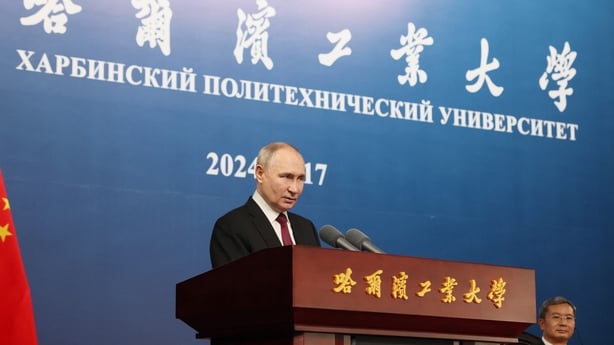
When asked if Russian forces planned to take control of nearby Kharkiv, Ukraine’s second biggest city, Mr Putin said: “As for Kharkiv, there are no such plans as of today.”
Earlier, a top Russian diplomat said the United States has long since entered into a state of indirect war with Moscow and was playing with fire over Ukraine by behaving in such a way that the situation could spin out of control.
The comments by Deputy Foreign Minister Sergei Ryabkov in an interview with state TASS news agency reflect growing Russian concern over what Moscow casts as a dangerous Western escalation in Ukraine as Russian forces advance in several places.
“We warn that they are playing with fire. They have long been in a state of indirect war with the Russian Federation,” Mr Ryabkov told TASS, referring to the United States.
“They somehow fail to realise that, in order to satisfy their own geopolitical ideas, they are approaching a phase in which it will be very difficult to control what is happening and to prevent a dramatic crisis,” he said.
Ukraine and the West accuse Russia of waging an unprovoked war of aggression in Ukraine aimed at seizing land.
Moscow says what it calls its “special military operation”, launched in February 2022, is defensive and aimed at bolstering Russian security against a hostile West.
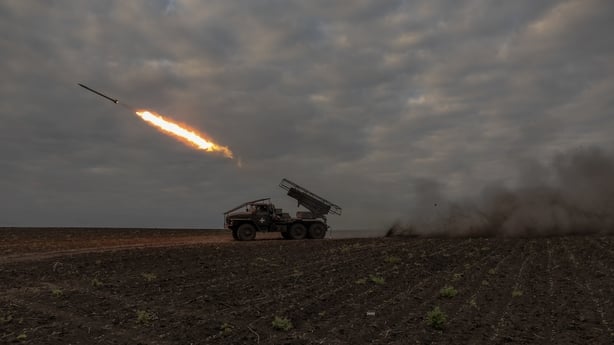
Russia has interpreted recent comments from Western diplomats as an aggressive shift in position and the Russian defence ministry said this month that President Putin had ordered drills to rehearse using tactical nuclear weapons in what officials said was a response to Western rhetoric.
British Foreign Secretary David Cameron, during a visit to Kyiv on 3 May, said Ukraine had a right to use the weapons provided by Britain to strike targets inside Russia, and that it was up to Kyiv whether or not to do so.
US Secretary of State Antony Blinken made similar comments about US-supplied weapons during a visit on Wednesday to Kyiv, where he accused Putin of “ramping up yet another offensive against Ukraine” in the east.
Mr Blinken said Washington had “not encouraged or enabled strikes outside of Ukraine, but ultimately Ukraine has to make decisions for itself about how it’s going to conduct this war”.
Ukraine has targeted military and energy targets across Russia, which is bombarding targets inside Ukraine in attacks that have killed thousands of civilians, to try to degrade Moscow’s military capacities.
Steps by the US and the European Union to look at the possibility of using frozen Russian assets or the profits on them to help Ukraine have also angered Moscow. Russia accuses Washington of trying to bully European countries into taking more radical steps to thwart it in Ukraine.
Mr Ryabkov told TASS that Washington appeared oblivious to the grave risks attached to its behaviour.
“This rhetoric, this drumming, this constant baiting of their allies to help Ukraine even more, to expand their support, shows only one thing: people are living, as they themselves say, ‘in a box’,” he said.
“This is the great risk of the current situation, because it is impossible to get through to them (the Americans).
He complained that the West had adopted a stance of strategic uncertainty and ambiguity towards Russia, trying to make it difficult for Moscow to predict how NATO will react in various situations, including with nuclear weapons.
“Russia will put the topic of ‘red lines’ aside and will respond to the West in a mirror manner,” Mr Ryabkov said.
Russia’s diplomacy with the West was now in crisis management mode and was focused on trying to ensure that tensions do not spill over into a large-scale conflict, he added.

